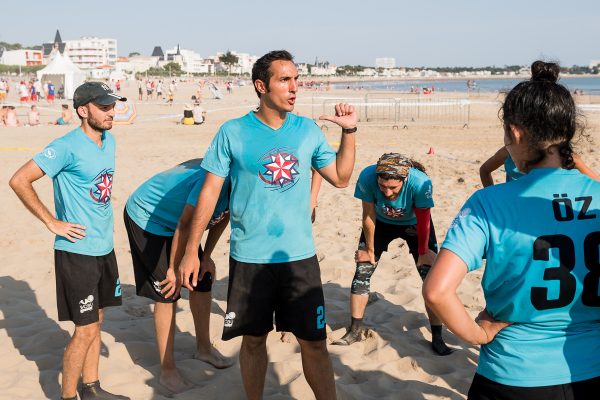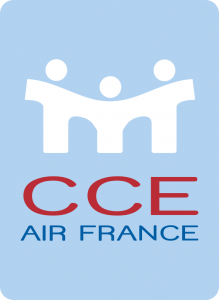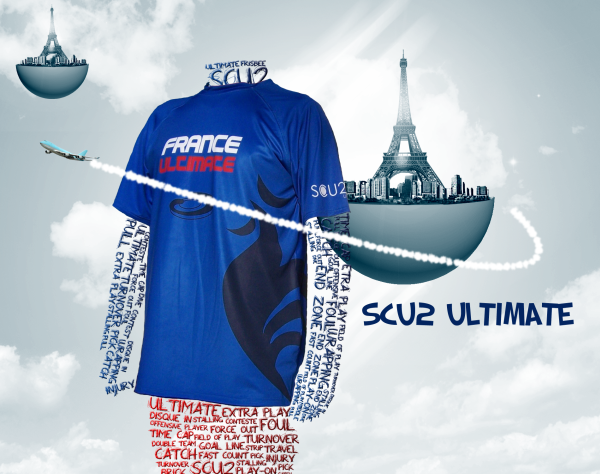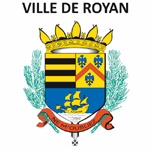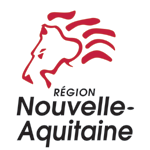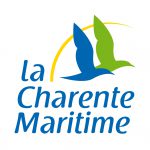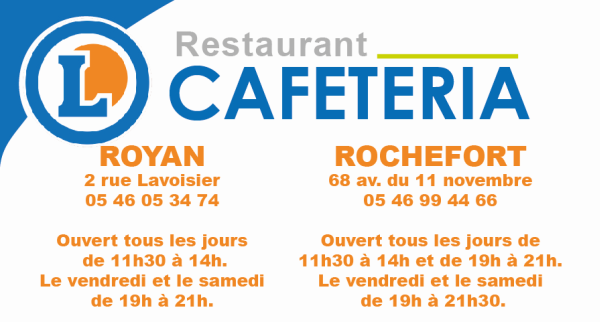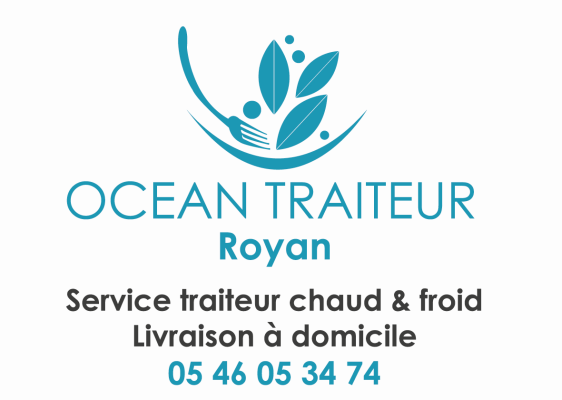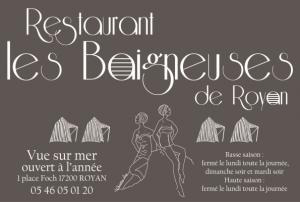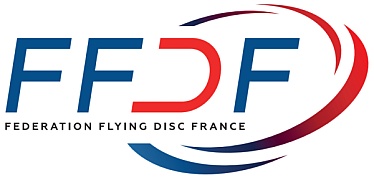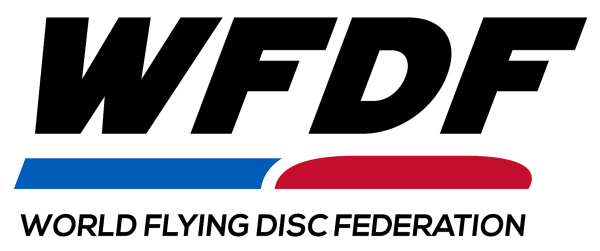We catch up with captain Emre Can after following Turkey’s progress throughout Day 3 of the tournament
Turkey may seem to be a new team on the international scene but they did in fact represent at the ECBU in 2013. It is not from lack of desire that it has taken four years for Turkey to reappear here on the scene in Royan. After sending an Istanbul club team to Worlds Clubs in Lecco, they were then hopeful of getting a national team out on grass in EUC in Copenhagen and WUGC in London.
But without sponsorship it was just unfeasible to get a whole squad out to these events. It was a huge disappointment for captain Emre Can, who recalls how hyped they were about these events, that in the end, they couldn’t actually make.
Can, who with fellow team mate Mert Çetin both captain clubs in Istanbul and Ankara respectively and form part of the communities leadership, have been trying to send a team for the last three years. Thankfully this time round, with the smaller squad size required and cheap flights to France, Turkey could get out on the world stage again. However, Turkey has come into this competition relatively unknown.
Can explains that the Ultimate community in Turkey is still relatively small and estimates that there are about 200-300 people actively playing, so everyone knows each other very well. The players in this team come primarily from the two big communities based in Istanbul and Ankara who regularly play each other four to five times a year. The only external addition is Anna Schepper, a student from Germany on a semester abroad.
The difficulty for this national outfit however is although there is a great playing chemistry that has been established over many years within these groups, finding opportunities for team cohesion before the tournament has been a challenge:
“We had a couple of trainings. Even though people might think Turkey has loads of beaches, Istanbul is so big, you can’t just hop on a bus. In the last month we upped the intensity but it was mostly two groups working on their interclub tournaments and us coming together every once and while.”
Moreover, Can explains it was difficult for the team themselves to find their feet having to face some of the top seeds in their pool early on in the schedule. This was why today was going to be a chance for us to really see what potential this team has, opening the day with a match against another new competitor on beach: Venezuela.
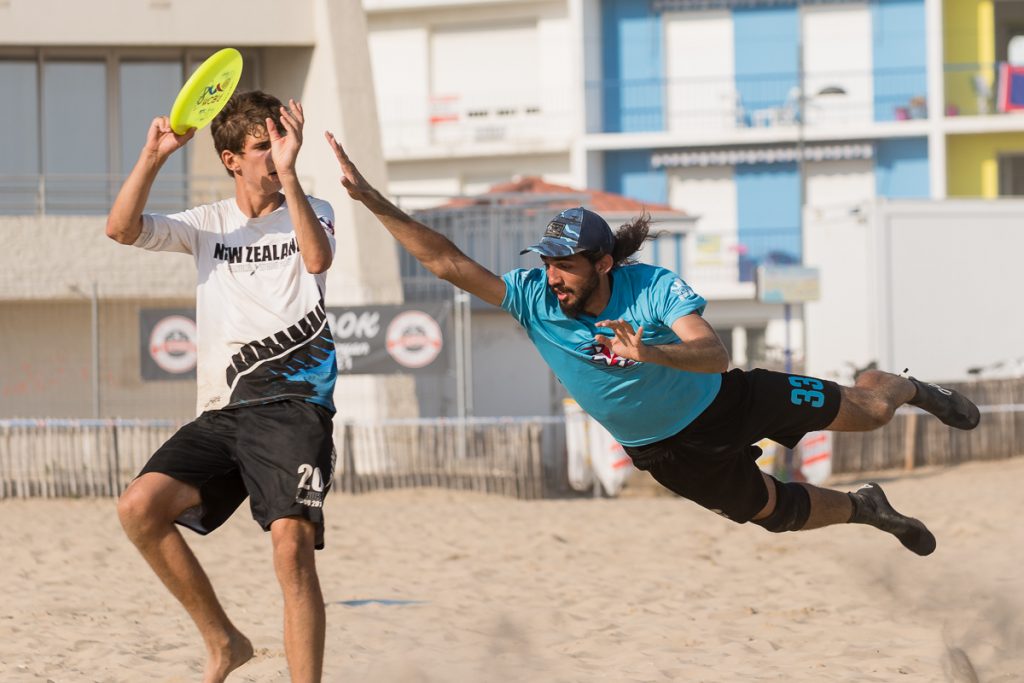
Onur Demirel makes a huge bid against New Zealand. Photo by Tino Tran.
This is a game that I join a bit late and my first introduction to the Turkish team is a flying, fully stretched Onur Demirel brushing away a disc at peak height from the the fingertips of the Venezuelan offence in the endzone. It turns out he was just beginning to warm up and continued to produce huge plays in every game. Can tells me that he is part of the Ankara group and has been spectacular from day one:
“He was at ECBU in 2013 and had only been playing six months. He’d been getting a lot of the team MVP awards. We knew from the get go he was gonna be something else. He’s a got a huge wing span, he’s tall. When he’s on offence we know just to put it up and he’s gonna get it down.”
Fuelled by the likes of Demirel, this game is busy with energy, the throws are strong and zippy with both teams looking to move the disc as quickly as possible. But often both teams were left rushing the long shots that were all too often outpacing the receivers.
Turkey start to run away with the game when they reign in the long shots. While there is clear connection and strong disc movement between the two captains, Can and Çetin, and İsmail Hazar Aksu, the whole team is recycling well. Their rapid cuts up the line pull the defence apart making it easy to pick out the unmarked receivers such as Schepper in the end zone.
The Venezuelans, however, are not ready to be out of the game. Taomy Hoffman’s huck is brought down by a huge shoulder high layout grab from Orianna Abreu. The Venezuelans go crazy as she fiercely rises up, disc in hand, game face stern.
The Venezulan’s buzz is immediately killed by a miscommunication that sees a beautifully weighted throw fly straight into a void. In response Çetin immediately looks to Demirel who is already streaking to the endzone. The huck is perfect and the catch unchallenged. Turkey are really in their stride now and they know what is working for them.
In what ends up being the final point of the game, the Venezuelan defence comes out all guns blazing. They run hard to shut down all of Turkey’s options, so much so that they come a breath away from stalling out Can who finally finds Aksu cutting under on the open side at stall nine. After narrowly scrapping the reset, the Turks do not let this rush them. Despite an intelligent poach and huge bid from Abreau, the Turks eventually see out the game with a slicing break across the end zone with Aksu now seeking out a completely unmarked Can.
Understandably for Can, after difficulty getting off to a quick start, their first and only victory of the day was the best game so far.
“The games before were… well, hopeless,” he laughs. “We had the top three teams in pool, so we were just trying to get into a rhythm and didn’t care about results. We thought it was going the same way as the rest, but it was a great comeback and great to see the sidelines upping their game.”
Going into their second game of the day against Spain, under the glare of the live stream cameras, was going to bigger challenge though. Whilst they started strong, trading until 3-3, the Spanish then broke away with a five-point streak. The Spanish defence was tight, forcing Turkey to play through their stronger players who, even then, struggled to connect easy passes getting swept aside or pushed down in the wind. In contrast the Spanish were displaying more depth and as such were making fewer errors on offence. But again the strong connection between Can and Aksu was responsible for three of the four points they scored:
“We have a great chemistry”, explains Can, “I know what throws he has and I know when he’s looking deep.”
Despite the loss, they were performing at their strongest since the beginning of the tournament, and the team were eying up a surprise win over New Zealand in their last game of the day. But New Zealand put out a very impressive performance with beautiful flat hucks coming from their female handlers being brought down predominantly by Ben Davies. Consequently, Can admits that perhaps getting ahead of themselves too soon hurt them:
“When you go into a game like that and you make a mistake it just crushes everyone. At the beginning of the game, there was definitely mistakes by me… when you’re expecting the game to go neck and neck, going three or four down is not so good for the mental game.”
From the sideline perspective, they were evidently rattled and for some reason they had lost the confidence from earlier performances. Indeed, Can asserts that they were left feeling a bit shell-shocked by the Kiwis’ strong start:
“It took us a while to figure out what they were doing and they made us work outside our comfort zone. We like to huck a lot but we just stopped playing deep because we were so confused!”
However, it appears that that’s exactly what New Zealand recognised early on: shut down the long game. Although it didn’t feel like it to Can, Turkey did get a point on the board early on with Demirel skying two NZL marks to take down a huck, quickly reset the disc and score. Immediately in response NZL came out with a deep pull and set up a zone. Turkey called a time out and the whole squad huddled intensely around Can whose gestures seemed to suggest he was after stronger body position from his team. Despite NZL opting for man when play resumes, they’d clearly got in the heads of the Turkish offence. The Turkish handlers were bunching up too close, allowing Emily Camuso to poach off her dump and block the throw to the middle of the pitch. The Kiwis converted and now led the game 6-1.
“Getting back in the game came with maybe forcing some of the deep shorts but at the same time it made people realise this is our game: we live or die by it,” recounts Can.
True enough, the next three points they scored were a result of long plays that weren’t necessarily the safest of options. But the final two scores were much more well worked with the Turkish handlers moving fast and not allowing the marks to set up. In particular Gizem Şanlı shines, working it up the sideline under pressure and providing the assist to make it 12-6. And despite NZL sealing the victory with the following point, it is performances from players like Şanlı that leaves Turkey feeling hugely positive at the end of the day.
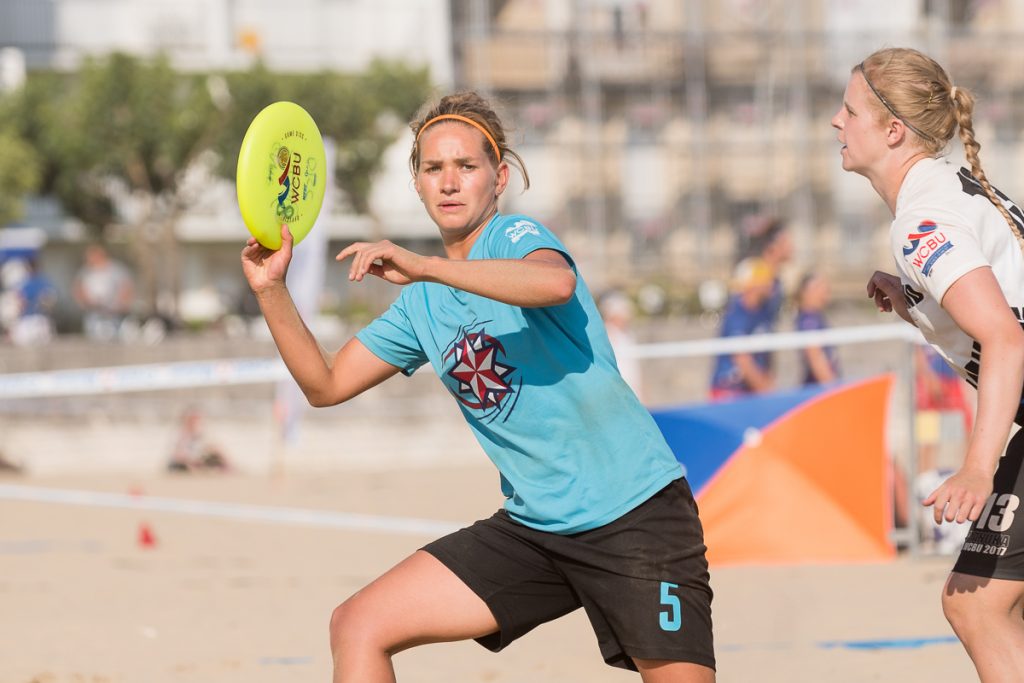
Anna Schepper prepares to throw for Turkey. Photo by Tino Tran.
Şanlı is actually one of the longest serving members in the Turkish Ultimate community. Can cites her as an example of home-grown talent that has been rising to the occasion here in Royan:
“[Şanlı] our main female handler has just been awesome and has been figuring it out from the start the whole time. She’s just been playing on offence the whole tournament now and she’s been very consistent.”
Which leads me to ask how is the scene currently looking in Turkey and whether we likely to keep seeing Turkey compete at this level more routinely.
“So clubs come and go,” Can explains, “but colleges stay.”
Both captains on this Turkish team coach their old college teams in the hope of developing the sport more but Can explains that it’s a challenge to grow the sport beyond university level:
“It’s been difficult to find some facilities to hold free clinics. All we can do now is to promote this to universities because they have the field space and all that, but nothing at middle or high school.”
In fact Can owes coaching this team mostly to his experience of studying at Emory, in Atlanta for a year. This is also true of many other of the strongest players on this team, who made the biggest improvements in their game whilst studying abroad.
For now, he estimates that there are currently between 10-15 stable teams playing in Turkey. But they are mostly college teams, “because most college students see it as a fun thing and give it up after they leave.”
Thus, at the very least, and regardless how much they can climb the ranks this week, just being here on the world stage helps to encourage more serious commitment back home. The televised games are huge deal for a developing team such as Turkey, whereby such exposure will help attract not just new players but hopefully sponsorship too. Accordingly, Can tells us that the goal for going into day four of the tournament then, “is to put up a great show for the India game [which will be streamed] and give something to the fans.”
Looking ahead to the rest of the week, they aren’t here to bog themselves down in strategy but to focus on how the game flows for them, cut timings and being adaptable. Something that only being in this environment will push.
“We want to break seed and get 24th. At ECBU we broke it by one or two and we were so excited, if we can break it by seven, that would be amazing,” says Can.
“But we’ll just take it one game at a time. We’ll see whats best for all of us. If we get too frustrated with some of the games we want to win, it will just make it not fun for anyone. The goal is to involve everybody on the squad.”
While Can thinks he has set an ambitious bar, there appears to be more than enough raw talent on this team to do so. But it won’t happen without a little more discipline and crucially, as he has already prioritised, finding a way to make sure everyone on the team is able to hit their full stride. I for one would love to see how far they can go and hope that they become a regular competitor at international events.
By Charlie Blair.


